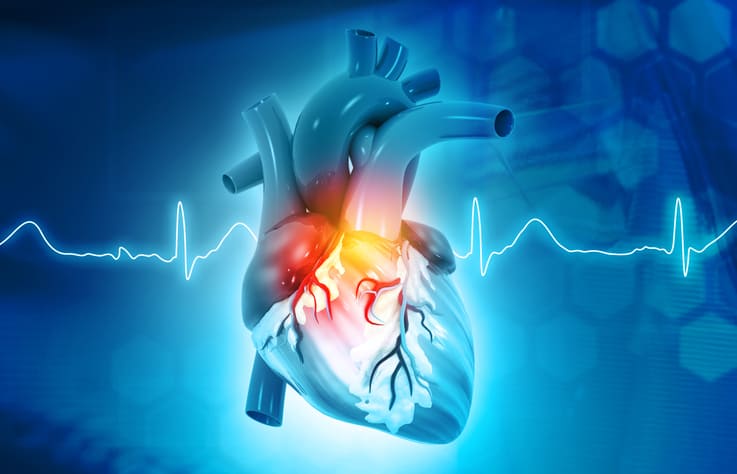Sensory motor impairment, the most common neuromuscular condition in stroke patients, often contributes to muscle weakness and imbalance.
The purpose of this research was to investigate the effects of cognitive sensory-motor training (CSMT) on the muscle strength and balance ability in post-stroke patients.
Thirty-five participants after stroke were randomly assigned to the CSMT ( = 17) or control group ( = 18). All participants received 30 min of training each time, five times per week, for six weeks. Lower extremity muscle strength of tibialis anterior (LEMTA) was evaluated using a digital muscular dynamometer. The Medical Research Council (MRC) scale was used to evaluate muscle strengths of the hip joint, knee joint, and ankle joint. For balance ability test, the center of pressure (COP) movement distance and limited of stability (LOS) were measured using BioRescue.
LEMTA, MRC scale, balance ability were significantly more improved in the CSMT group than in the control group ( < 0.05).
Our findings indicate that CSMT is beneficial and effective for improving muscle strength of the lower extremity and balance ability of post-stroke patients.
Effects of Cognitive Sensory Motor Training on Lower Extremity Muscle Strength and Balance in Post Stroke Patients: A Randomized Controlled Study.


